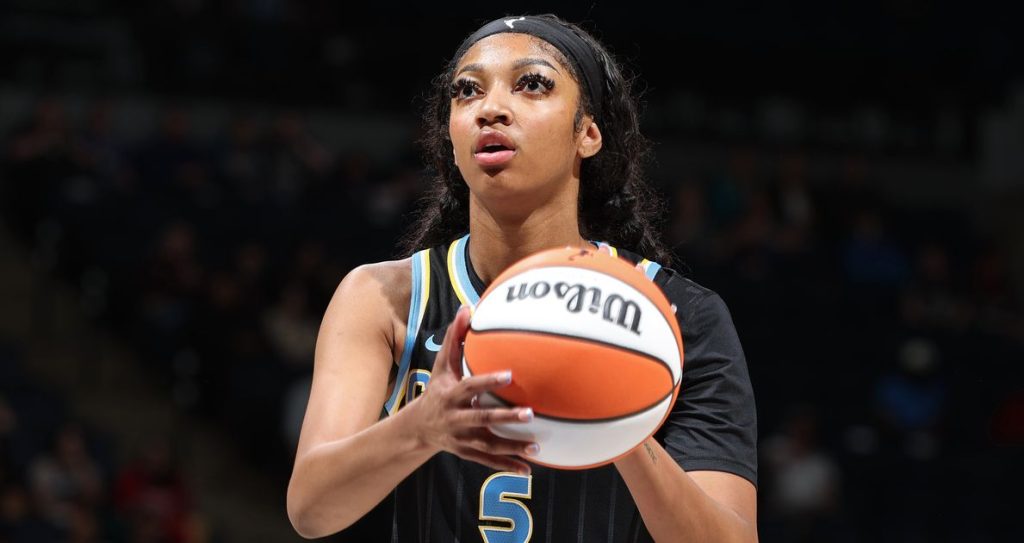The Minnesota Lynx coach, Cheryl Reeve, recently commented on a situation involving a social media user who streamed one of the team’s games. Reeve stated that the individual responsible for streaming the game should be compensated for each viewer that watched the stream. She jokingly suggested that the person should receive “three bucks” per viewer, indicating that she believes the value of the content provided by the streamer was significant enough to warrant compensation.
Reeve’s comment highlights the ongoing debate surrounding the unauthorized streaming of sports games and other copyrighted content. While some argue that streaming such content without permission is a form of theft and should be punished accordingly, others believe that sharing content online is a form of free expression and should not be restricted. Reeve’s statement can be seen as a lighthearted response to a serious issue, as she acknowledges the value of the content provided by the streamer while also recognizing that the act of streaming without permission is technically illegal.
The prevalence of unauthorized streaming has increased in recent years, with many individuals taking to social media platforms to share live sports games, movies, and other copyrighted material. This trend has raised concerns among rights holders and content creators who fear that their work is being exploited without compensation. While some streaming platforms have taken steps to combat unauthorized content sharing, the issue continues to persist, prompting calls for stronger enforcement measures.
In response to the challenges posed by unauthorized streaming, some sports leagues and entertainment companies have taken legal action against individuals and platforms that host copyrighted content without permission. These efforts have resulted in the removal of unauthorized streams and the prosecution of individuals who engage in copyright infringement. However, the issue remains complex, with many arguing that the rise of digital media has changed the way content is shared and consumed, requiring new approaches to copyright enforcement.
Reeve’s comment also raises questions about the value of content in the digital age and how creators can ensure that they are fairly compensated for their work. While some argue that the proliferation of online platforms has devalued content and made it more difficult for creators to earn a living, others believe that the digital landscape offers new opportunities for distribution and monetization. By highlighting the worth of the content provided by the streamer, Reeve’s comment underscores the importance of recognizing and rewarding the efforts of those who create and share valuable content online.
Overall, Cheryl Reeve’s comment on the social media user who streamed the Minnesota Lynx game serves as a reminder of the ongoing debate surrounding unauthorized streaming and copyright enforcement. As content sharing continues to evolve in the digital age, it is crucial for creators, platforms, and rights holders to work together to find solutions that protect intellectual property while also allowing for the free exchange of ideas and information. Ultimately, finding a balance between copyright protection and content sharing is crucial to ensuring that creators are fairly compensated for their work while also fostering a culture of creativity and innovation in the digital realm.


